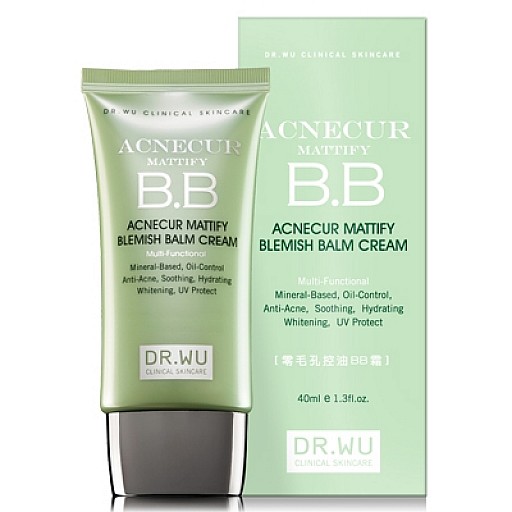BB creams come in a variety of different formulations. Because Korean companies focused initially on the Korean and East Asian markets, they are offered in a limited number of hues. Instead of offering multiple shades for different skin colors, most formulae are designed to oxidize to match the user's skin tone. The skin-whitening properties of the cream as sold in the Asian market are an important element in its popularity.

The cream is promoted as a multi-tasker and all-in-one treatment, but Korean women mostly use it as an alternative to foundation, particularly those with Western formulations that tend to be too heavy for their tastes. The coverage is often mineral-based, and is intended to both cover and treat blemishes such as acne, sun spots and age spots. It also has anti-wrinkle, anti-inflammatory and soothing effects. Several contain hyaluronic acid and Vitamin C. The Huffington Post reports that some companies say BB creams have skin-regenerating properties; dermatologist Jason Rivers of the University of British Columbia Department of Dermatology and Skin Science expressed scepticism that a non-retinoid-based product could do this.








